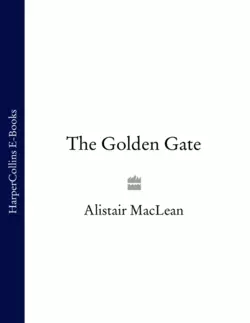The Golden Gate

Alistair MacLean
Тип: электронная книга
Жанр: Современная зарубежная литература
Язык: на английском языке
Стоимость: 673.85 ₽
Статус: В продаже
Издательство: HarperCollins
Дата публикации: 18.04.2024
Отзывы: Пока нет Добавить отзыв
О книге: A tense and nerve-shattering classic from the highly acclaimed masster of action and suspense.A ROLLING FOR KNOXis how the journalists describe the Presidential motorcade as it enters San Francisco across the Golden Gate. Even the ever-watchful FBI believe it is impregnable – as it has to be with the President and two Arab potentates aboard.But halfway across the bridge the unthinkable happens. Before the eyes of the world a master criminal pulls off the most spectacular kidnapping in modern times…